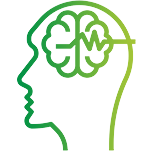On 4 December 2025, NeuroCOV partners convened for a dedicated webinar on the exploitation strategy, focusing on Key Exploitable Result (KER) 1: “Ris...

Through the NEUROCOV project, we want to contribute to a better understanding of COVID-19 and the associated NeuroCOVID. Based on this knowledge, we strive to contribute to developing new and effective treatments.
Joachim L. Schultze, German Center for Neurodegenerative Diseases (DZNE)
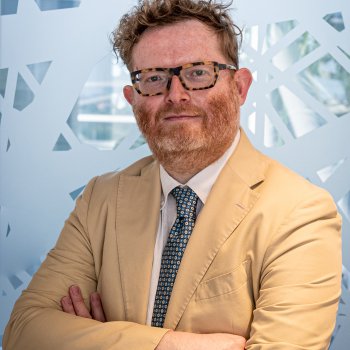
A distinctive feature of the project is its multi-scale design ranging from socio-economic impact at the population level to the molecular mechanisms underlying individual vulnerabilities to NeuroCOVID. To do this, several highly interdisciplinary teams will study the virus-host interaction by combining brain organoids and high-resolution omics technologies with artificial intelligence to develop predictive models capable of assessing individual risk of developing NeuroCOVID complications and long-term effects.
Giuseppe Testa, Human Technopole
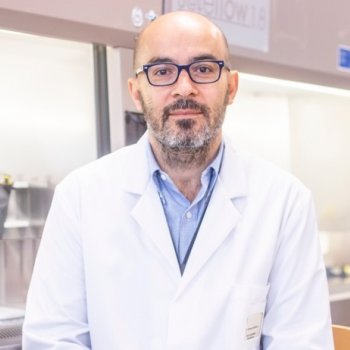
We are excited to help provide NeuroCOV with crucial technologies and biological/bioinformatics expertise to collect and analyse the data generated in the project. Specifically, based on the clinical data and biological samples collected from large cohorts of NeuroCOVID patients, we will contribute to the identification of immunological and neurological alterations responsible for NeuroCOVID. Brought together by this important project, the partners will deepen, from different perspectives, our overall knowledge of NeuroCOVID.
Domenico Mavilio, University of Milan

We are excited to collaborate with NeuroCOV partners and bring our expertise in epidemiology to the consortium. By linking various nation-wide health registers, we are able to investigate the epidemiological characteristics of COVID-19 and its long-term neurological consequences.
Anna-Leena Vuorinen, Institute for Molecular Medicine Finland

As a computational biologist working on basic science, I am excited to be able to contribute to research that can improve the life of many people suffering from Post-COVID neurological symptoms.
Tal Shay, Ben-Gurion University of the Negev
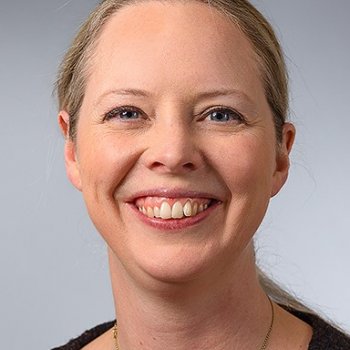
NeuroCOV is an exciting prospect to consolidate expertise from molecular biology to large-scale population data with the aim of gaining answers to the potentially debilitating clinical neurological features following infection with SARS-CoV-2. The hope is that the international expertise will help further exploit large-scale population data and generate new collaborations across borders.
Anne-Marie Fors Connolly, Umeå University
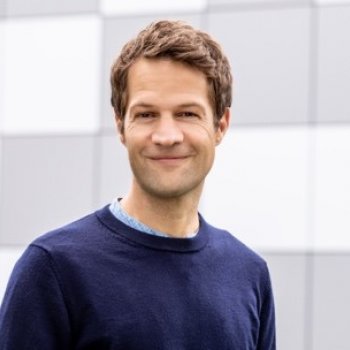
At Helmholtz Munich, we have deep expertise in machine learning and artificial intelligence. As part of the NeuroCOV consortium, we will develop predictive models based on single-cell omics readouts to assess better individual risk of having Post-COVID complications and of their long-term impact. Ultimately, this will lead to better prevention, prognosis, and disease management of COVID-19 patients at a personalised level.
Fabian Theis, Helmholtz Zentrum München - Deutsches Forschungszentrum für Gesundheit und Umwelt GmbH
